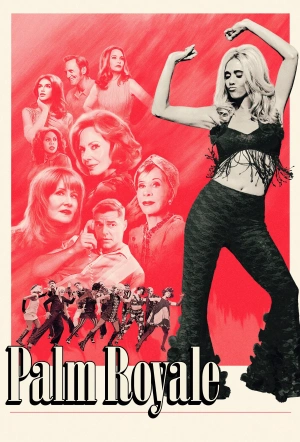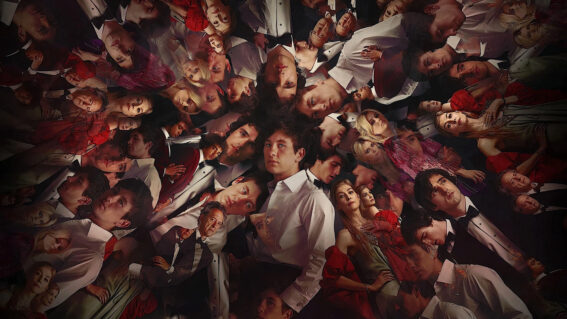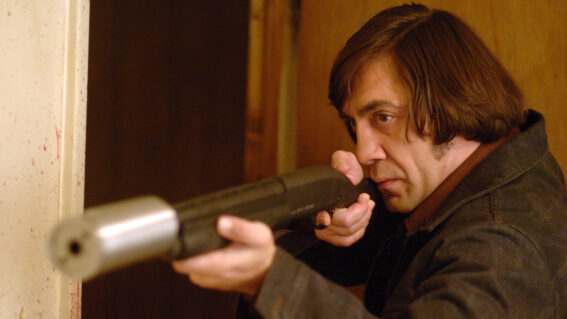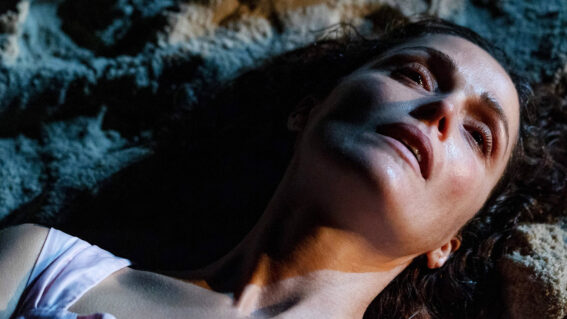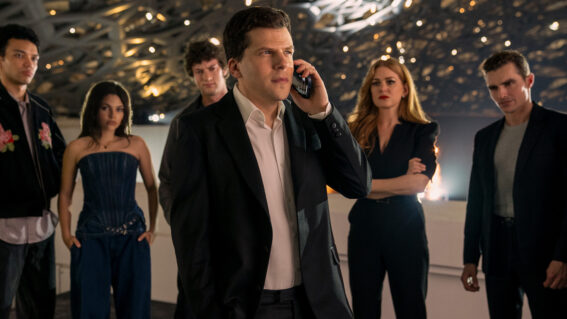Palm Royale has learned its lesson: Can’t be everything? Be effervescent
Palm Royale was always camp, always melodrama, yet this season feels particularly indebted to the rich tradition of 60s sitcoms.
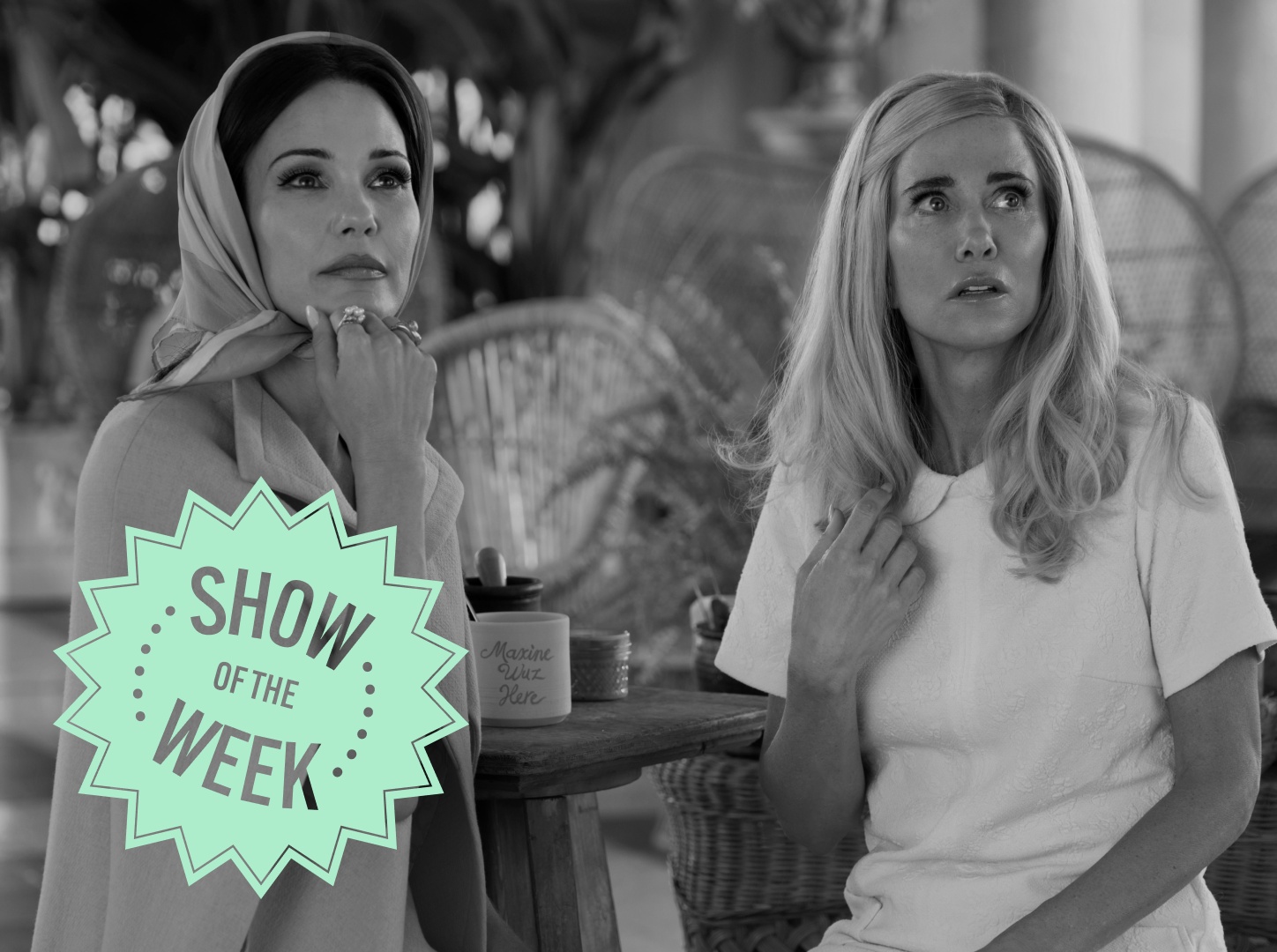
Palm Royale has not only doubled down against its critics in season two, its doubled down to the degree that anyone so po-faced as to be rifling through this candy-coloured, feather-trimmed world of midcentury, upper-crust Palm Beach looking for cogent socio-political commentary looks a fool. I am, of course, talking about myself here. I am the fool in question.
I wrote, last year, about my frustrations with its toothless satire of Nixon-era corruption and conspiracy, its materialists bouncing around Florida’s poolsides while the civil rights and feminist movements roar beyond the gates, in Pucci kaftans downing grasshoppers until their vomit turns mint green.
But you can’t really say the same of season two when its resident radical, Linda (Laura Dern), is fleeing to Cuba to hook up with Choi Guevara, half-brother to Che, and, a few episodes later, Patti Lupone is singing a cowboy number and barking like a dog.
It’s not that season two is substantially sillier than its predecessor, which itself featured an extended plot line about a beached whale—more that the scales have tipped just enough into absurdism that any of its takes on institutionalised racism or the rise of the serial killer (the second show in recent weeks to reference the real-life inspirations behind David Fincher’s Mindhunter), have to be considered with a relative lightness of touch. After all, these are conversations being had from inside a Cath Kidston-esque, floral-print padded cell.
Palm Royale, at heart, is a comedy about white women with infinite material resources yet situationally limited power utterly convinced that a little more material resource is what’s needed to truly liberate themselves. At the end of last year’s finale, fingers were pointing wildly in search of the culprit behind an assassination attempt on Nixon, intercepted by Korean War vet Robert Diaz (Ricky Martin), who took the bullet and now may not or may not live to see himself crowned a national hero.
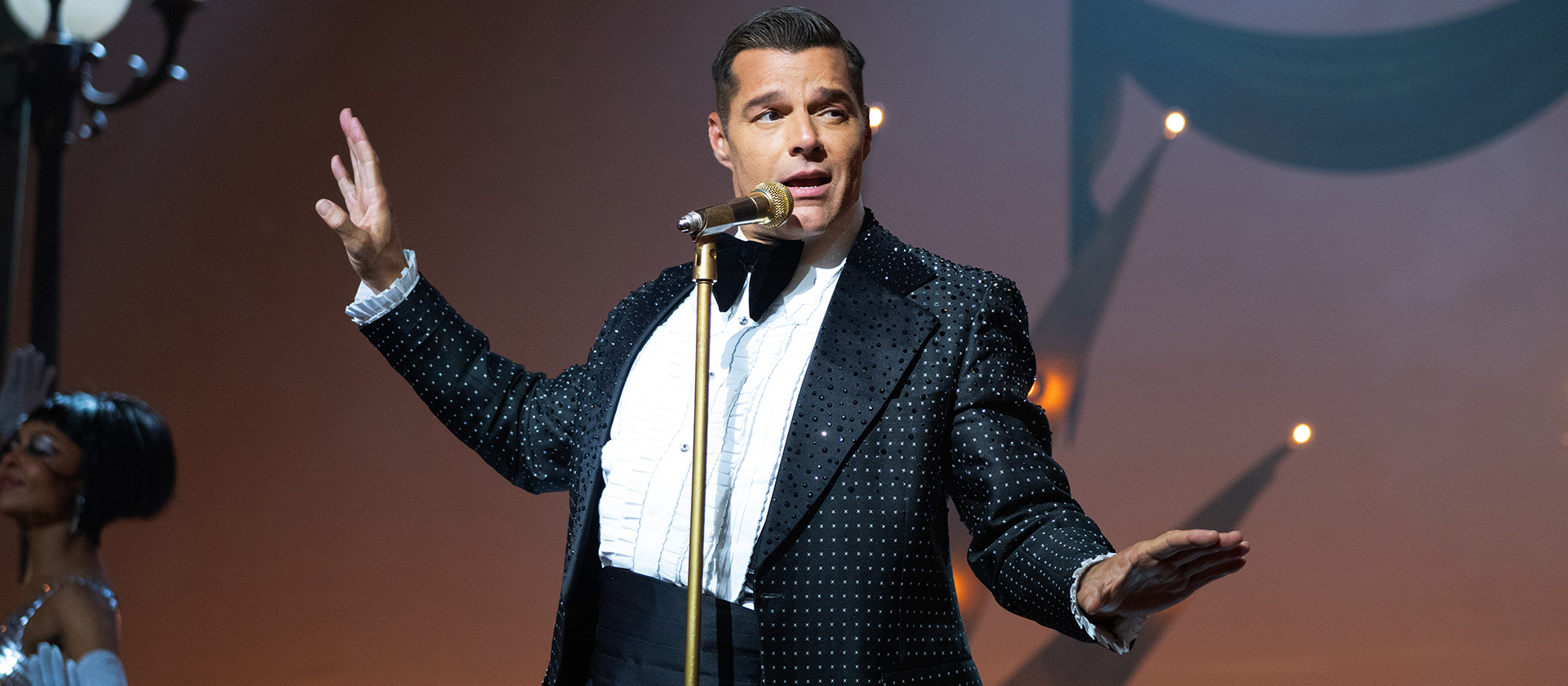
It’s easy to blame Linda, with her straight bangs and suede waistcoats (“I looked the part”), while the real shooter, Mary (Julia Duffy) is scuttling around below, in the abandoned bootlegger tunnels that run underneath Palm Beach. While there, she meets a ghost and takes him as her lover (or so we hear from her, in great detail). Meanwhile, Maxine (Kristen Wiig) has been involuntarily committed to a mental institution by her unfaithful husband (Josh Lucas), whose mistress Mitzi (Kaia Gerber, who struggles to keep up with the seasoned comedians around her) is pregnant.
Certainly, there’s no shortage of pawns in play, while at either end of the chessboard sit Palm Beach’s most domineering queens, Evelyn (Allison Janney) and Norma (Carol Burnett), each knee-deep into some legacy-securing scheme. Plots layer on top of plots, while these women ferry riches and slips of pertinent information between mansions and hotels. Palm Royale was always camp, always melodrama, yet this season feels particularly indebted to the rich tradition of sixties sitcoms, with their bombastic narrative tropes of twins played by the same actor and accidental switcheroos.
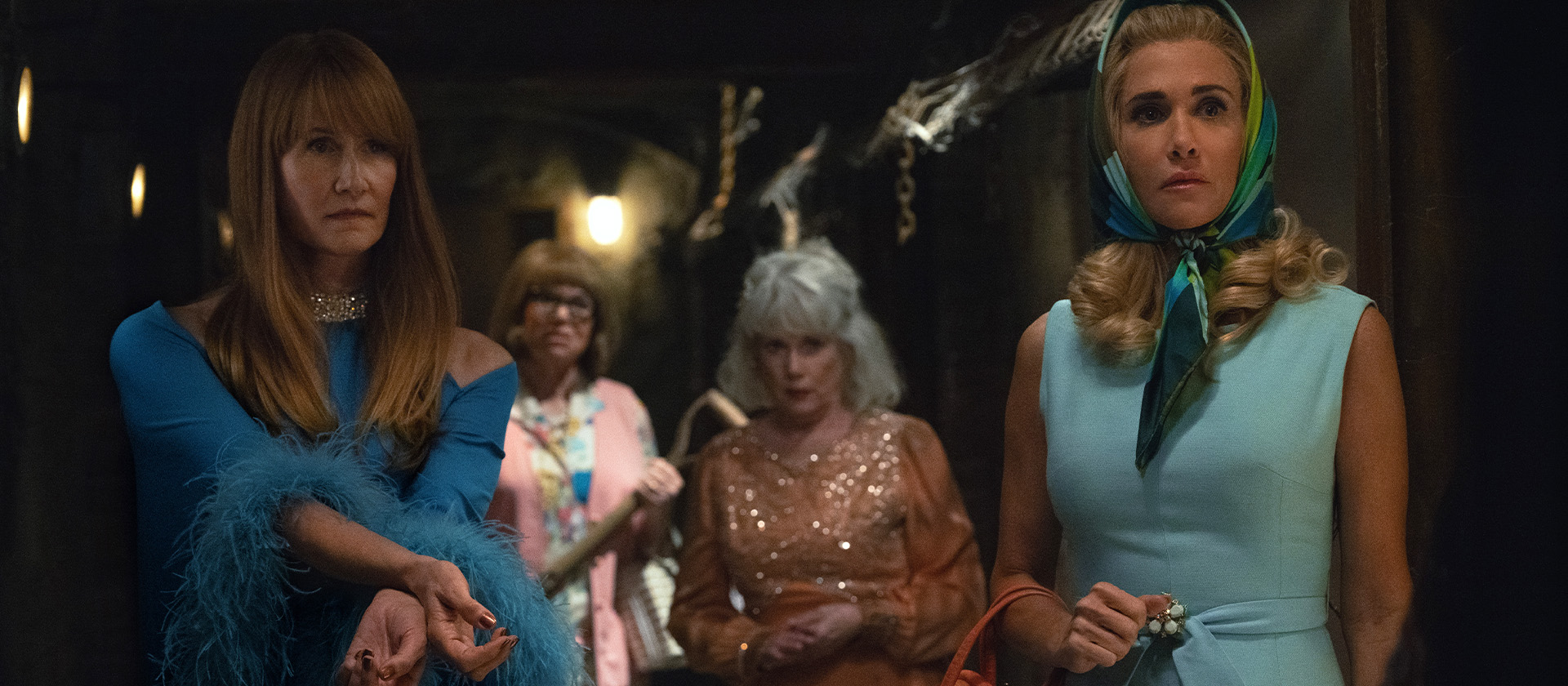
At one point, Maxine and the gals end up at a motel complex party hosted by gay men, who all behold these older, fabulously attired women as objects of fierce love, attention, and fascination. “I was the inspiration for the roommate in The Bell Jar,” coos Dinah, the ambassador’s wife (Leslie Bibb), while another guest defines to Evelyn what a “bear” is and a moustachioed Matt Rogers (of the Las Culturistas podcast) bemoans the burdens of being in love with a closeted Rock Hudson.
There are several musical sequences, including an opening dance in which Wiig thrashes about in much the same way she did in the old, extremely funny Ann-Margret SNL sketch, while the likes of the Petticoat Junction theme, Chattanooga Choo Choo, and Nancy Sinatra’s Sugar Town twinkle along on the soundtrack. Palm Royale has learned its lesson: if you can’t be everything, at least be effervescent.





